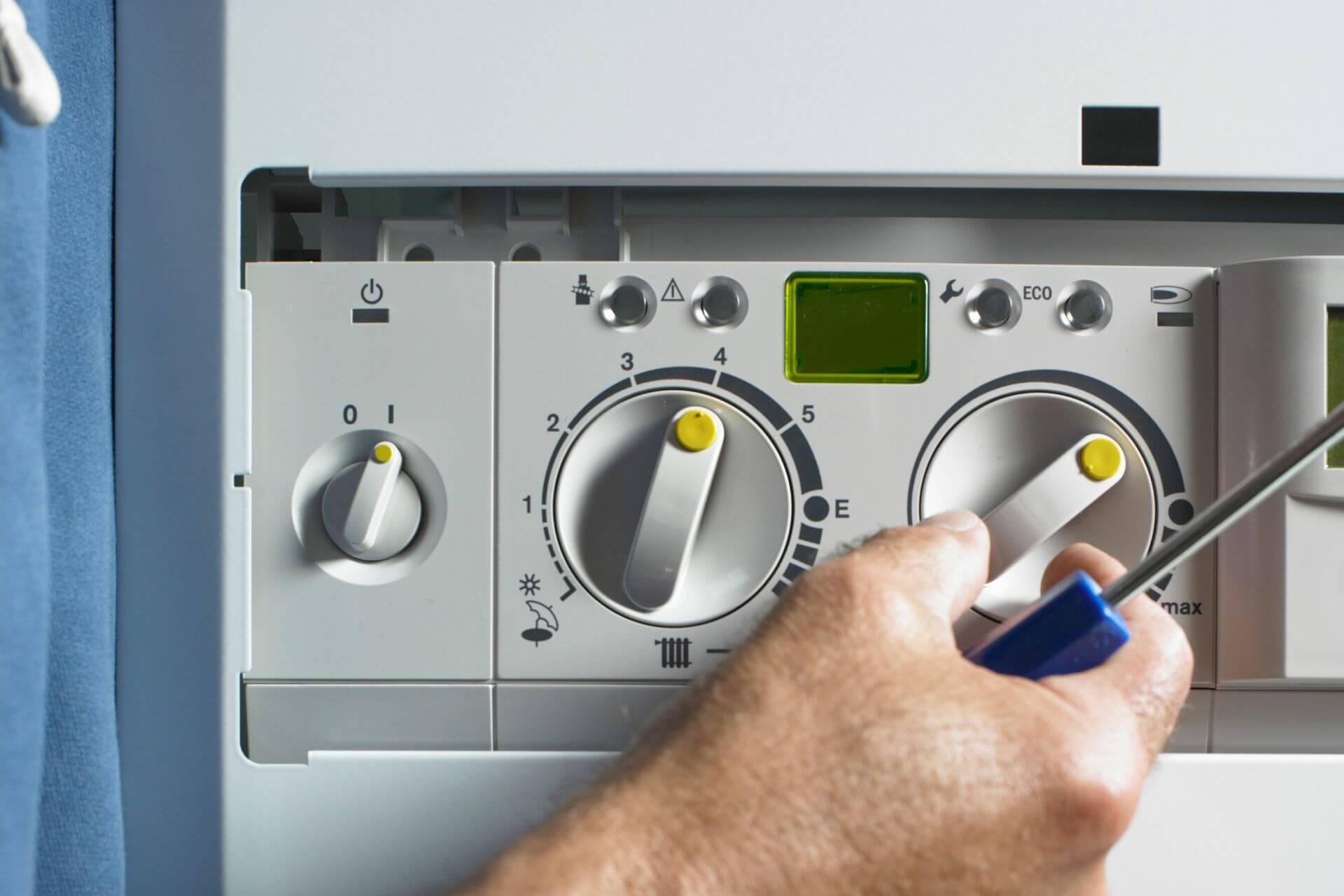As the colder months approach, ensuring your boiler is in optimal condition is crucial for both comfort and safety. A well-maintained boiler not only keeps your home warm but also helps prevent costly repairs and unexpected breakdowns during winter. This guide provides homeowners with practical steps to get their boiler ready for the chillier season. Keep reading to find out everything you need to know.
Schedule a Professional Service
One of the most important steps in winter preparation is arranging an annual boiler service. A qualified engineer will inspect your system for leaks, corrosion, and worn components, ensuring everything is functioning correctly. Professional servicing can also improve energy efficiency, potentially reducing your heating bills. For homeowners in Bristol and surrounding areas, trusted services like bristolplumber.co.uk can provide expert boiler maintenance, giving you peace of mind that your heating system is winter-ready.
Check Your Boiler Pressure
Boiler pressure is vital for efficient operation. Most systems should maintain a pressure between 1 and 1.5 bar when cold. If your pressure is too low, your boiler may struggle to circulate hot water, while high pressure can stress the system. Consult your manufacturer’s instructions to adjust the pressure safely, or have a professional handle it if you are unsure.
Bleed Your Radiators
Air trapped in your radiators can lead to uneven heating and cold spots. Bleeding your radiators before winter ensures hot water circulates effectively throughout your home. Using a radiator key, slowly release the air until water starts to flow consistently. Remember to check your boiler pressure after bleeding, as it may need topping up.
Inspect for Leaks and Corrosion
A visual inspection of your boiler and pipework can reveal leaks, rust, or other damage that could escalate during heavy winter usage. Look for damp patches, unusual stains, or signs of corrosion around valves and joints. Addressing minor issues promptly can prevent major breakdowns and water damage.
Test Your Heating Controls
Your thermostat and programmer should be checked to ensure they are functioning correctly. Properly set controls help maintain a comfortable temperature while avoiding wasted energy. Consider upgrading to a smart thermostat for more precise control and the ability to adjust heating remotely, which can be particularly useful during cold snaps.
Keep an Eye on Unusual Noises
Boilers can make a range of sounds, but banging, whistling, or gurgling noises may indicate problems such as trapped air, limescale, or a failing pump. If you notice unusual noises, contact a qualified engineer immediately to prevent further damage.
Stay Safe
Finally, never overlook safety. Ensure carbon monoxide detectors are installed and functioning correctly, and never attempt repairs beyond basic maintenance unless qualified. Boiler issues can escalate quickly, and professional expertise is essential for both safety and efficiency.
Preparing your boiler for winter is not just about comfort; it’s about safety and efficiency too. By scheduling a professional service, performing basic checks, and addressing minor issues early, you can ensure your home stays warm and cosy throughout the colder months.







